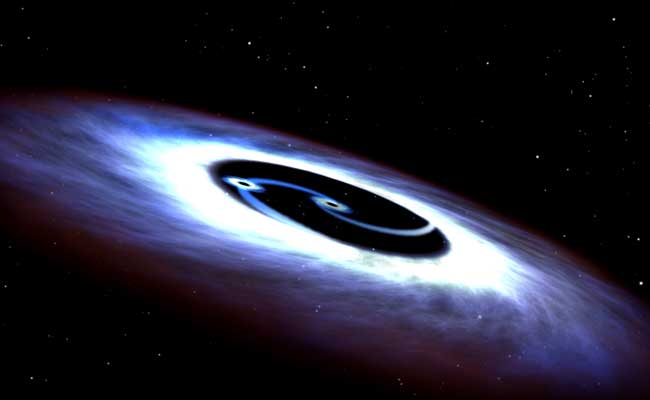"Extremely Exciting" Gravitational Wave Discovered In Far Side Of Universe
In a new intergalactic discovery, an "extremely exciting" gravitational-wave signal has been detected by scientists from the far side of the universe.

In a new intergalactic discovery, an "extremely exciting" gravitational-wave signal has been detected by scientists from the far side of the universe. The scientists stumbled upon ripples running in the spacetime fabric. As per the researchers, the signal is thought to have originated from a collision of a neutron star and an unidentified, mystery object.
The LIGO-Virgo-KAGRA Collaboration made the astounding discovery by monitoring spacetime distortions indicative of gravitational waves using three distinct detectors located globally. The most recent signal was captured by the end of last year's latest observation run.
Scientists have found that object to be quite fascinating since it is believed to be in the "mass gap”, which means that its mass is between 2.5 and 4.5 times that of our Sun, reports the Independent. The range of the "gap" is between the heaviest known neutron star and the lightest known black hole. That range contains very few objects, and little is known about their characteristics or how they could develop. Named GW230529, the signal was first caught by the researchers in May 2023. It also happened to be the first time when gravitational waves were used to find an object.
Geraint Pratten, from the University of Birmingham, said, “We could not determine with certainty if the compact objects are black holes or neutron stars, as the gravitational wave signal does not provide enough information. However, it is very likely that this was the merger between a black hole and a neutron star. Either way, we are very confident that the heavier object falls within the mass gap”, as quoted by the Independent. The researcher concluded by saying the ongoing analysis of the phenomenon was helping him and other fellow scientists to have a better understanding of the “astrophysical processes”.






















